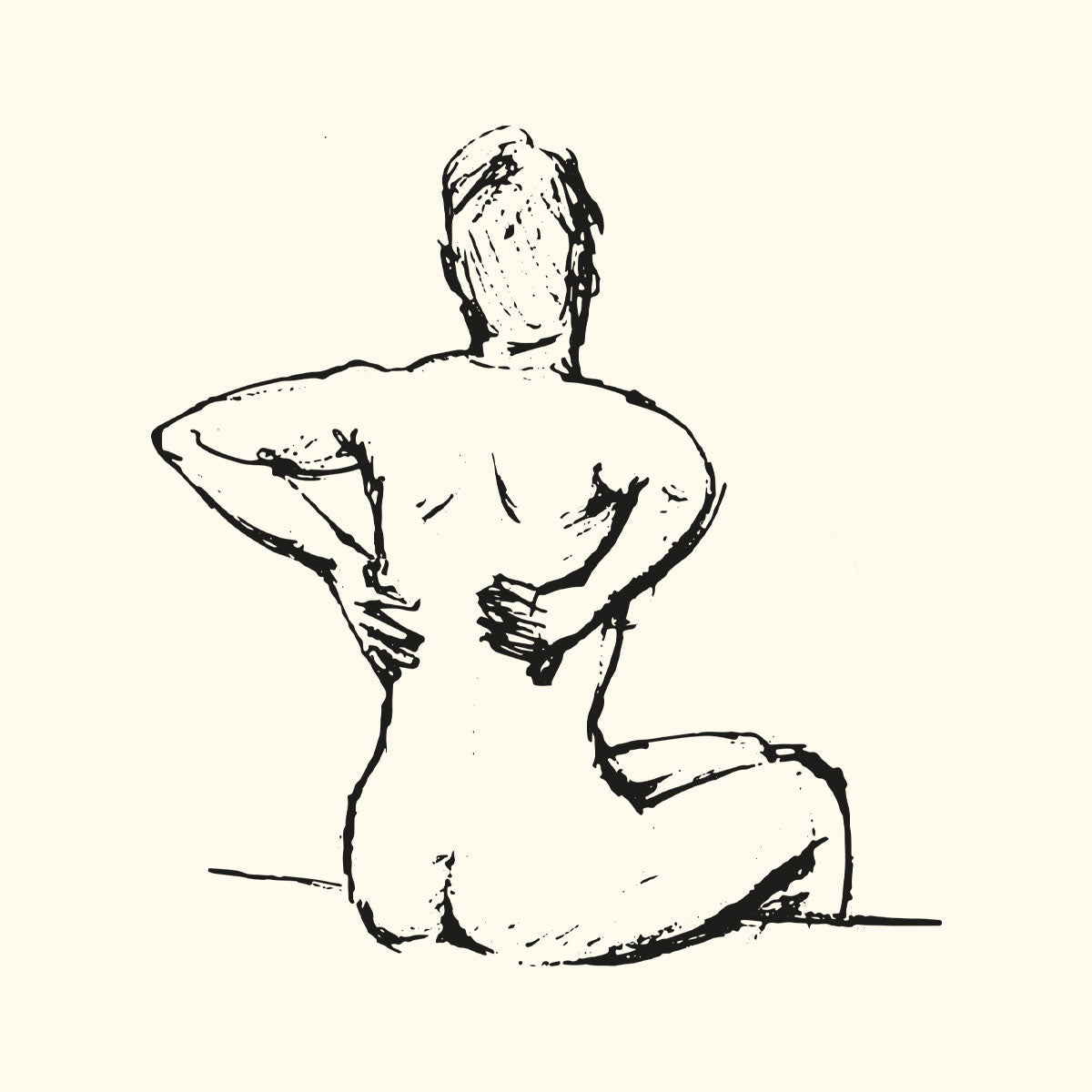Fibromyalgia is a condition that causes widespread pain and tenderness in the muscles. This chronic pain disorder also commonly results in secondary symptoms such as insomnia, fatigue, anxiety, and reduced cognitive functioning.
Women are most affected by fibromyalgia and there is no known cure. Pain management medications are how patients largely manage the condition. One of the reasons fibromyalgia is so hard to treat is because we don’t know what causes it. Research does suggest that it could be brought on by a trigger event like a stressful or traumatic situation or possibly an infection.
Fibromyalgia is difficult to diagnose, live with, and treat. But there may be some hope for this mysterious illness in the form of CBD.
What is CBD?
CBD, or cannabidiol, is a naturally occurring cannabinoid compound that may be able to improve some of the symptoms of fibromyalgia. As research into CBD has increased, its reputation as a therapeutic tool has also grown. CBD has shown promise as a treatment for many conditions and symptoms, including inflammation, anxiety, sleep disorders, acne, and importantly for patients with fibromyalgia, pain (1, 2, 3, 4, 5).
How does CBD help fibromyalgia?
CBD may be able to help fibromyalgia by managing some of the chronic pain symptoms. CBD has shown some promise as a pain reliever, and while more research is needed to understand exactly how it may be able to reduce pain, there is some indication that the answer may lie in serotonin.
Serotonin is a hormone that is most commonly known for its effects on mood. But this “happy hormone” can also play an important role in inhibiting pain (6). We know that CBD has been found to activate serotonin receptors and increase serotonin and its pain-relieving properties, and this could be one way that CBD could help patients with fibromyalgia find some relief from their pain symptoms (7).
Research on CBD and fibromyalgia
A review published in the Journal of Opioid Management analysed research around the pain-relieving potential of cannabinoids, including CBD. The review found that CBD has shown some potential to reduce neuropathic pain, indicating that it may be useful for pain management, especially when used alongside other analgesic medications (8).
- One study published in the journal PLOS ONE investigated the pain-relieving abilities of cannabis on patients with fibromyalgia. Participants were either regular cannabis users or non-cannabis users, and their fibromyalgia symptoms were compared. The study found that after two hours of cannabis use, fibromyalgia patients who used cannabis experienced a statistically significant reduction in pain and stiffness and an increased feeling of relaxation and well-being compared to non-users. It’s important to note that this study involved cannabis, rather than isolated CBD, so while CBD would have been consumed by the participants, further research is needed to determine whether CBD was the compound that resulted in these positive effects on fibromyalgia (9).
- A 2019 study published in the journal PAIN also analysed the effects of cannabis on patients with fibromyalgia. Participants consumed four different varieties of cannabis over the study period. These cannabis strains either contained no CBD or THC, high amounts of both, low amounts of CBD but high amounts of THC, or low amounts of THC but high amounts of CBD. The strain that was high in both CBD and THC was the only strain to significantly reduce pain levels in fibromyalgia patients (10).
- Another study published in 2019 in the Journal of Clinical Medicine investigated the effectiveness and safety of cannabis as a treatment for fibromyalgia. After six months of cannabis use, patients self-reported their symptoms in a questionnaire. The results found that cannabis use results in a reduction of pain intensity from a 9 to a 5 on a scale from 0-10. Importantly, side effects from the cannabis itself were mild and uncommon. They included dizziness, dry mouth, and gastrointestinal symptoms. It’s important to keep in mind here, and in all studies that use cannabis rather than isolated CBD, that we need further research specifically into CBD to be able to fully understand how it might affect patients with fibromyalgia (11).
- Anxiety is a secondary symptom of fibromyalgia, and CBD has shown potential as an anti-anxiety treatment. A 2019 study published in the journal Frontiers in Psychology looked into how CBD affects teenagers with social anxiety disorder. The study found that daily CBD oil treatment for four weeks resulted in a significant reduction in participants’ anxiety levels (12).
Side effects of CBD
CBD is considered safe with minimal, mild, and infrequent side effects.
Side effects may include:
- Dry mouth
- Decreased appetite
- Fatigue
- Diarrhoea
CBD isn’t intoxicating, and so it won’t cause a high as long as it doesn’t contain any THC, which is the psychoactive cannabinoid present in cannabis.
CBD can negatively interact with some medications (13), so it’s important to speak with your doctor to be sure that CBD won't affect your current prescriptions.
While CBD is generally considered safe, even at higher doses, it’s essential to start slowly to find a dosage that works well for you.
The bottom line
Fibromyalgia is a tough condition—to diagnose, live with, and treat. Since the cause of fibromyalgia is not understood, managing the symptoms of the condition is the best we can hope for at this stage.
CBD may be able to help manage the symptoms of fibromyalgia by reducing pain levels. Delivery mechanisms like CBD patches, balms or oral oils may all be helpful. More research is needed to fully explore the pain-relieving potential of CBD in fibromyalgia patients. However, early research is promising, especially considering how safe CBD is compared to conventional fibromyalgia treatments.
 |
Medically reviewed for KLORIS by Sarah Neidler, PhD |






